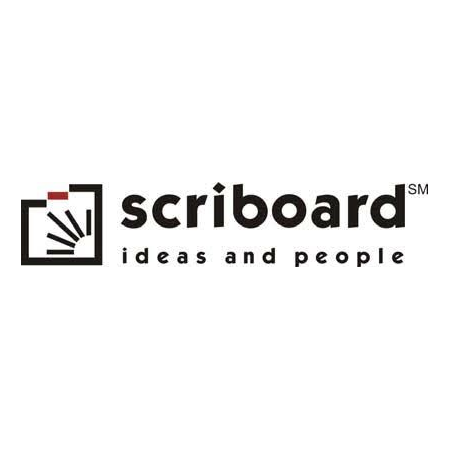Enrol for Lifetime Deal Course and get Access to 100+ Certificate Courses at INR 5999
Enrol for a Master Course at INR 3999 and get access to multiple Certificate Courses
Enrol for a Diploma Course at INR 2999 and get two free Certificate Courses
Enrol for a Certificate Course at INR 1999 and get one free Certificate Course

₹8,998.00 Original price was: ₹8,998.00.₹2,999.00Current price is: ₹2,999.00.
Intellectual Property is, as the word denotes, a property of intellect. The main reason for having intellectual property rights is to secure a monopoly or a near monopoly position in the market in which an organization operates. The method for achieving this depends on the legislative environment and, in respect of certain forms of intellectual property, whether registration is required or not. Nevertheless, the protection and enforcement of IP becomes a very important aspect of any business.
When we talk about the legal aspects associated with music, contracts, copyright, trademark, music publishing, endorsement agreements, licensing etc. comes into picture. Therefore, intellectual property forms a significant part of “music law”.
The Diploma in Intellectual Property and Music Law is brought to you by one of the eminent law firms in India, Scriboard Advocates and Legal Consultants, in association with Enhelion. It elaborates upon the fundamentals of different types of intellectual property and licensing and franchising of intellectual property, with special emphasis on music law.
According to the law firms and our policy, the course fees will not be refunded.
Enrolling for the diploma programme will enable you to:
The curriculum has been designed to provide a deeper understanding of how to protect various types of intellectual property in India. It also examines the significance of IP licensing and franchising and discusses various IP valuation methodologies, in detail. It further specifically highlights the applicability of copyright law to music and the legal regulation of downloading, streaming and live performances in India.
The following are the modules which are covered under the course-

Rodney D. Ryder is the founding partner at Scriboard and is a leading technology, intellectual property and corporate lawyer. He is the author of Guide to Cyber Laws: the Information Technology Act, 2000, E-Commerce, Data Protection and the Internet, the first section-wise analysis of the Indian Information Technology Act, 2000. He is presently Advisor to the Ministry of Communications and Information Technology, Government of India on the implementation of the Information Technology Act, 2000.Mr. Ryder has been nominated as a 'Leading Lawyer' in intellectual property, technology, communications and media law by Asia Law, Who'sWhoLegal, Asia Legal 500, amongst other International publications. Mr. Ryder is also advisor to the Data Security Council of India [a NASSCOM initiative] on the structuring of industry data privacy and information security policies and contractual standards. His second book, Intellectual Property and the Internet, published by LexisNexis is perhaps the only one of its kind in Asia. The text has been acknowledged to be an authoritative work by the Hon’ble Supreme Court of India and has been quoted in the first and only judgement by the Hon’ble Supreme Court of India on domain names. He is advisor to the National Internet Exchange of India [NiXI] and a member of the panel of independent and neutral arbitrators with NiXI.
In every walk of life, the process of evaluation takes place in one form or the other. If the evaluation process is eliminated from human life then perhaps the aim of life may be lost. Being in the same line, Enhelion is committed to evaluate the process of learning through its courses.
The evaluation will be conducted in a two-fold manner. There will be two MCQ tests which would test the basic understanding on the topics covered in the course. Furthermore, there will be one Project Assignment, which would test the analytical understanding of the same.
The most intriguing aspect of the evaluation process is the time flexibility it affords. You can take the MCQ test and submit the project assignment as per your convenience.
To be eligible to receive a certificate after successful completion of the course, one is required to secure a minimum of 40 percent overall.
